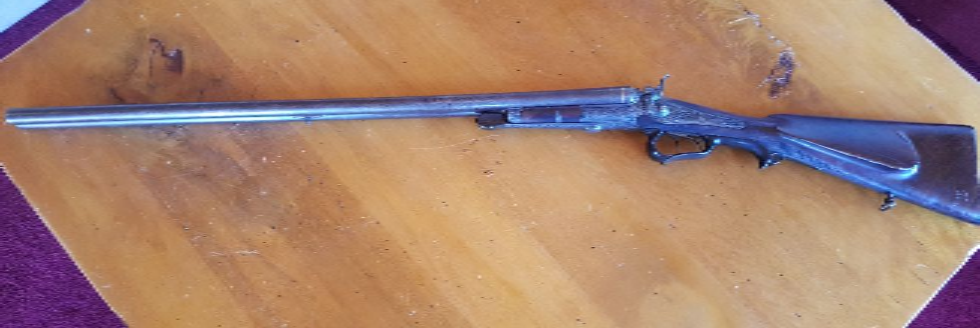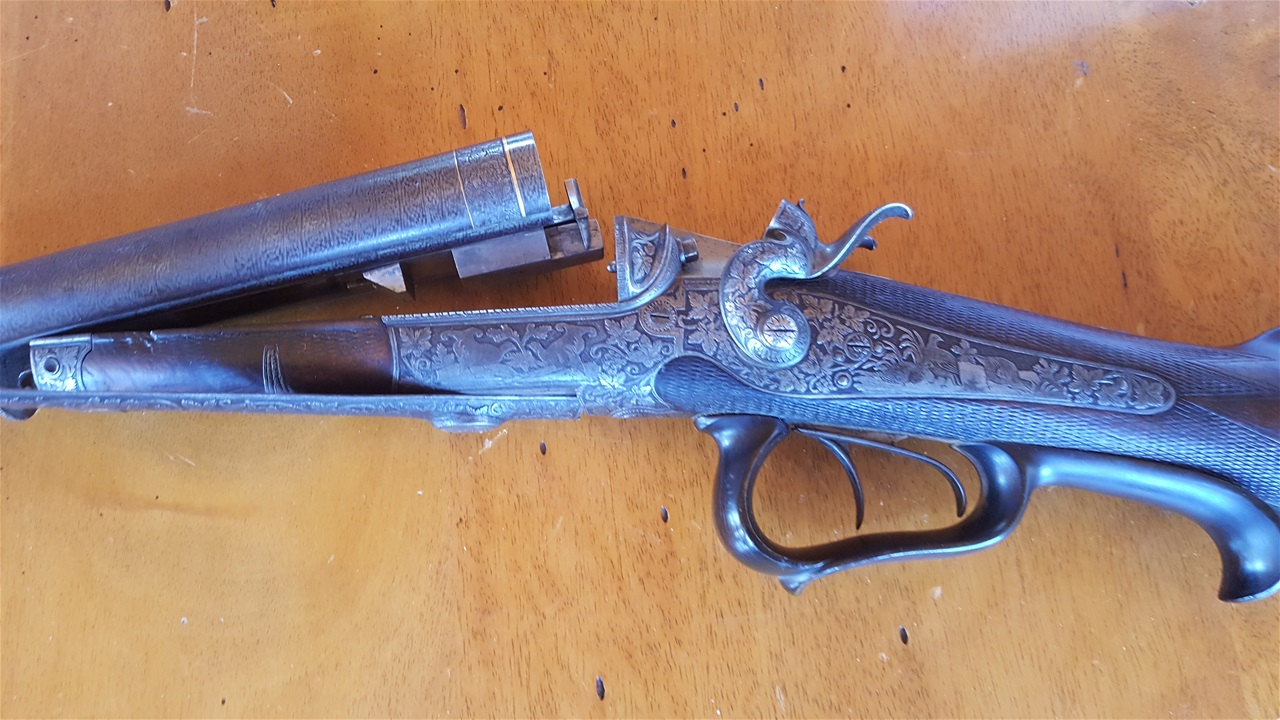These are memories of Mark on Dad's talking about the war. Dad has been gone now for 35 years (this is 2018 - he died in 1983). Memories fade, but these are some of the "river teeth" I recall.
Dad described being really afraid one night. He couldn't sleep, so he "ran the stairs" in the villa or castle they were occupying. He wanted to exhaust himself so he could sleep. It could have been on the night before the attack on the Rimburg Castle or many other times that they knew a battle was going to occur in the morning. Darkness and waiting when you know you have to face a formidable enemy had to be unbelievably frightening. But these soldiers (and Dad) did their job.
I found an interesting quote from Bill Mauldlin, a WWII journalist:
"The surest way to become a pacifist is to join the infantry." I think this must reflect the reality of a soldier facing an enemy, and wishing for any other way to solve the conflict. However, I also remember Dad saying after the war "there are some things worth fighting for."
Dad described how they would typically approach a town. A jeep with soldiers under a white flag would approach and talk to the leader of the town. If they surrendered, the 119th would move through and secure the village. If they (the Germans) decided to defend the town, they would go back to develop a plan of attack. Artillery would bombard the town and the infantry would approach as the artillery shells were flying overhead. Then it would be house to house clearing of the enemy.
Below are photos of the gun that is in our family. A beautiful shotgun that has gold inlay, a carved damascus barrel and a bone trigger guard. It was made in Germany. The standard procedure when a town was taken was to have the civilians lay all the guns they had on the curb and tanks would roll over them to destroy the guns. The military established martial law, wanting the soldiers to be the only armed people in town. The owner of a castle (as Mark remembers the story) came to Dad with the gun and gave it to him. Dad asked a private to send it home and promptly forgot about it (he had lots on his mind). It wasn't until he returned home that he remembered the gun. He didn't remember what town or where he was when that happened.
Dad talked some about his time as a sergeant and training soldiers before he went to Europe. One of the training activities was to throw live grenades. Mostly it went well, but there were several times that young recruits would freeze or drop a live grenade. Dad said it was one of the dangerous parts of his job. He would have to find or unclasp the grenade and throw it over the top. Luckily for all of us, he was successful.
Jack talked about a time when he asked for some advice from Dad long after the war. Jack was struggling with a personnel issue at work, wondering how to handle a difficult situation. Dad gave him some advice, but he also commented that, during the war, he had to order soldiers to advance against an enemy position, when he knew that it was incredibly dangerous and that his soldiers would likely be casualties. It put Jack's personnel issue into context.
I wanted to relate a funny story about Mom that happened during this period. She and her friends were taking a weekend vacation away from school and studies at a cabin in Montana. They were upstairs - smoking cigarettes!! - when the girl's mothers drove up to the cabin. Panic ensued as the girls didn't want their Moms to know of their indiscretion. They also knew that they would have to give their Moms a peck on the cheek, with breath reeking of tobacco. The only "mouthwash" they could find upstairs was Jergens Lotion, a hand cream. The mouth rinse ensued, but I suspect their Moms knew anyway.

